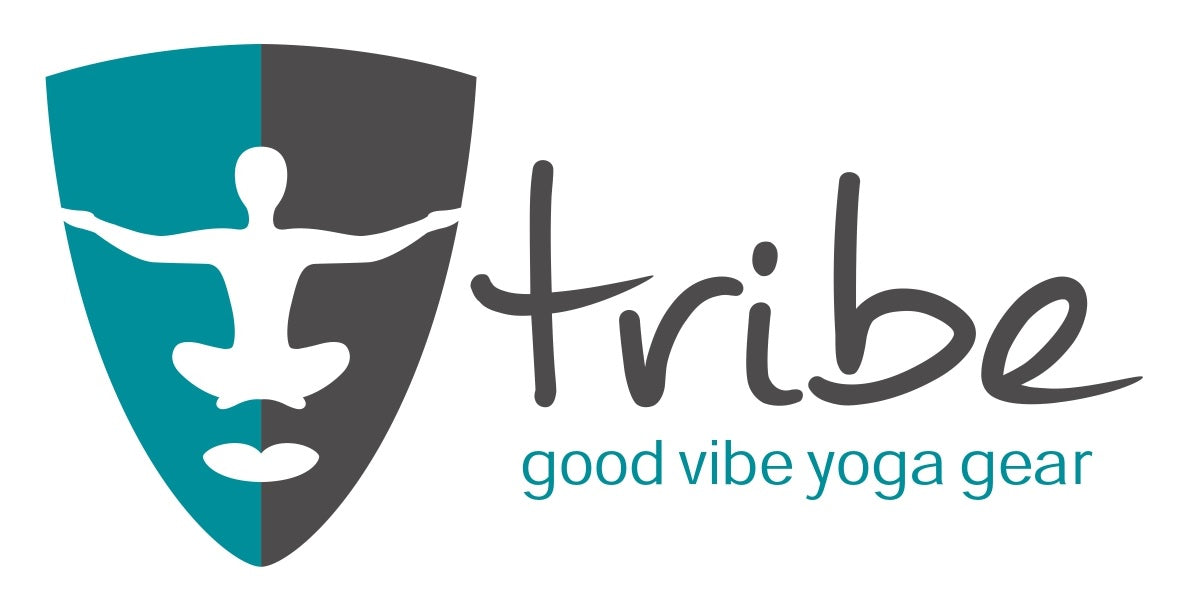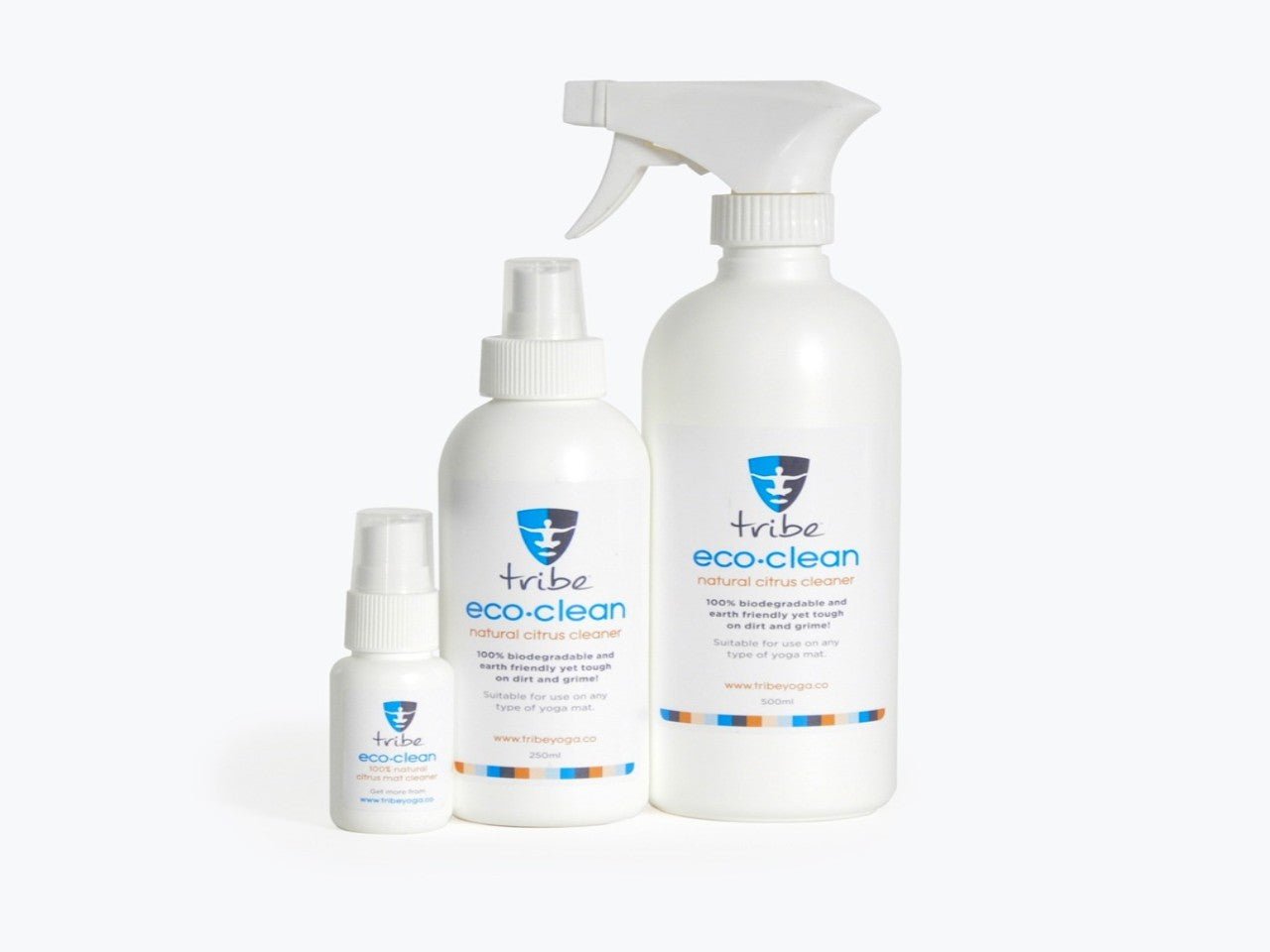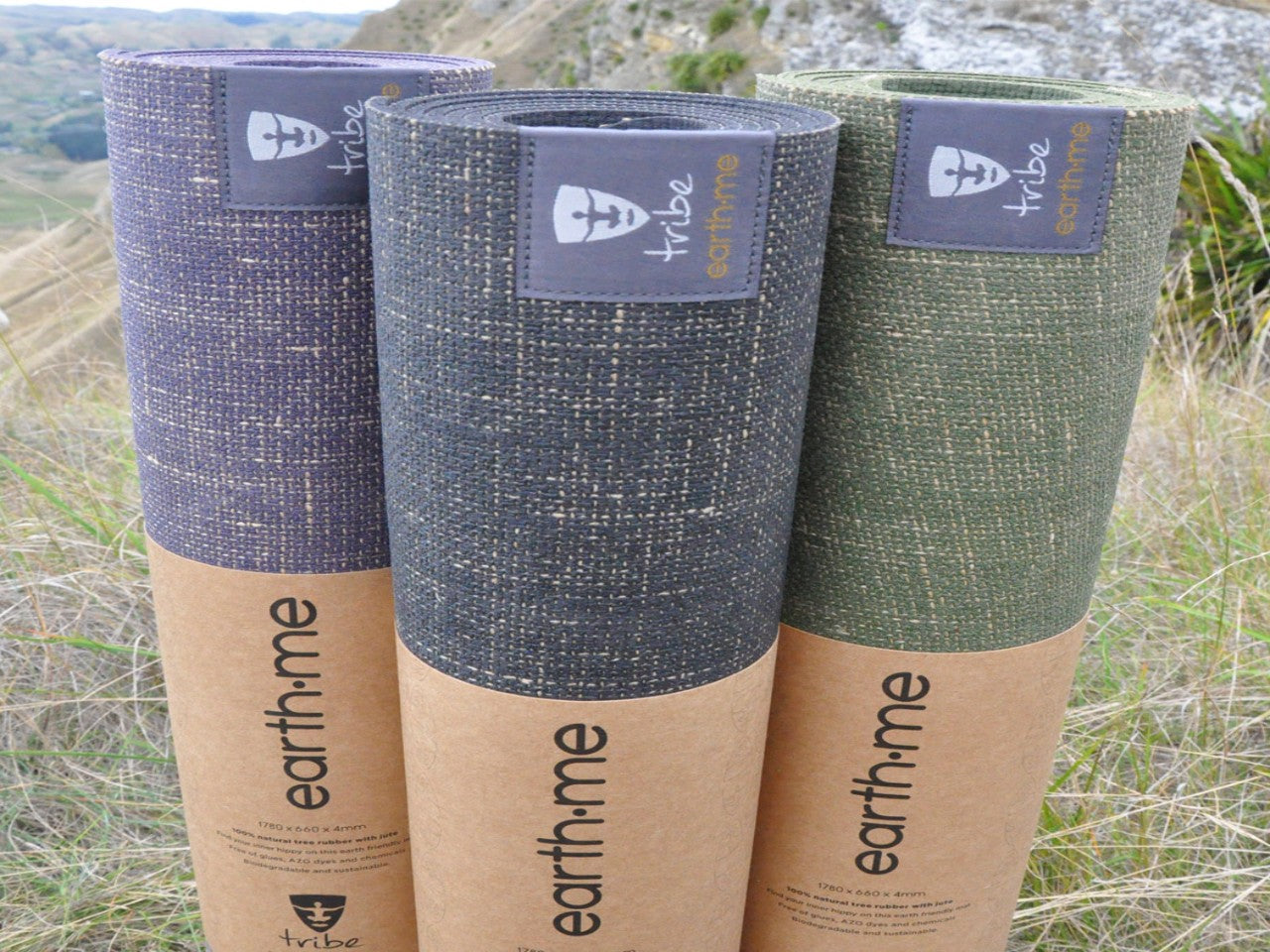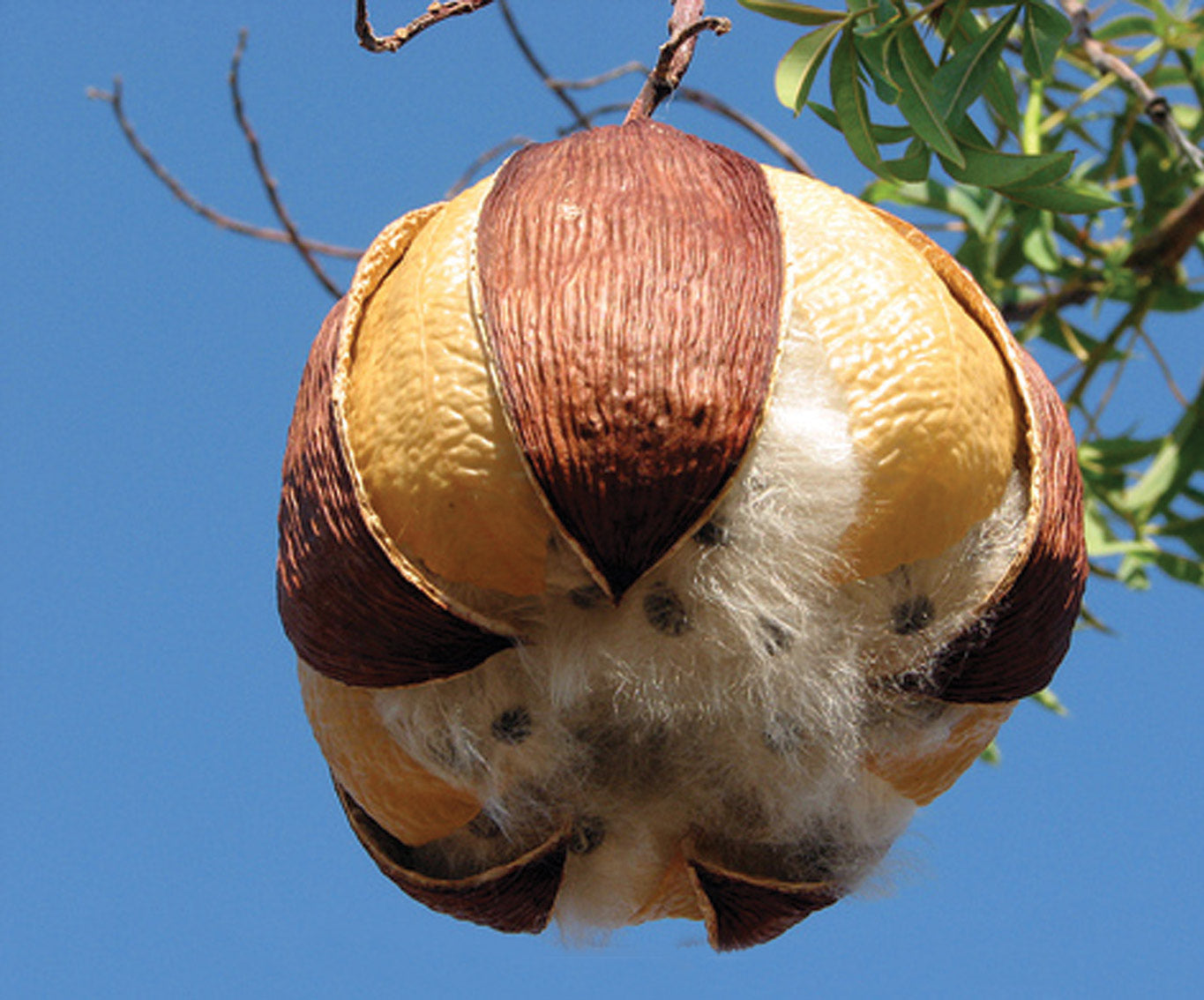Info
-
Giving your yoga mat a quick wipe down after each use will keep it fresh and hygienic. TRIBE eco.clean natural citrus cleaner is 100% natural and biodegradable and can be used on any yoga mat, including rubber mats. It comes...
-
As we become increasingly aware of the environment and the things we purchase and use, it's natural to be curious about what our belongings are made of. Implementing sustainability in all areas of our lives not only helps reduce our...
-
The original TRIBE Bolsters were filled with organic wool that had undergone minimal scouring to ensure that our bolsters were as healthy as possible. Bales would arrive but there was no consistency in the quality of the wool as sheep...



